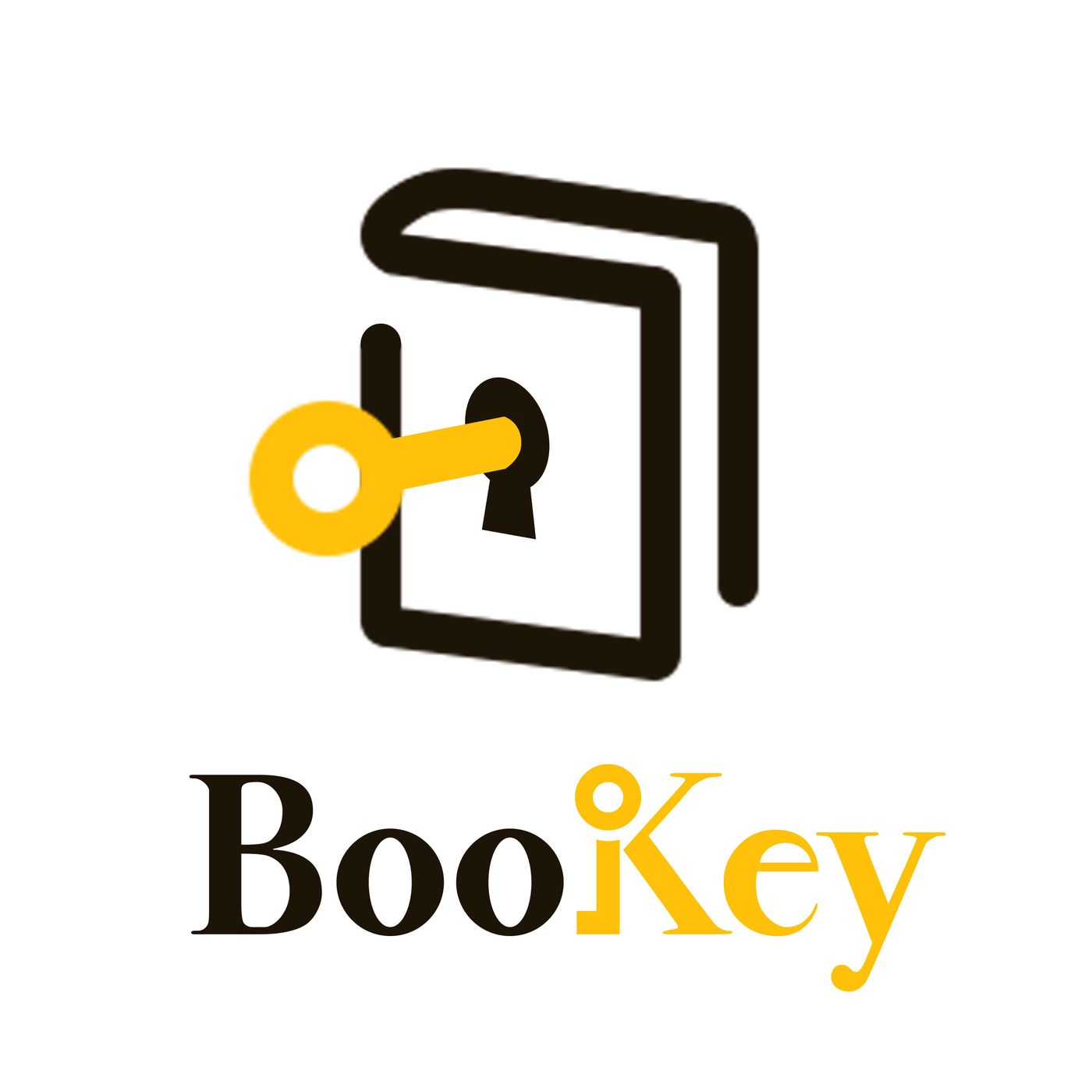Listen "Clearing the Chaos: Mastering Productivity with "Getting Things Done" by David Allen"
Episode Synopsis
Chapter 1:what is the Getting things done about"Getting Things Done" by David Allen is a self-help book that offers a productivity system and methodology to help individuals effectively manage their tasks, projects, and responsibilities. The book introduces the concept of "stress-free productivity," where Allen emphasizes the importance of clearing one's mind and organizing tasks in a systematic way.The core of the book revolves around the GTD methodology, which consists of five steps:Capture: Collecting all tasks, ideas, and commitments into a trusted system, such as a to-do list or a digital organizer.Clarify: Processing each item captured by deciding what it means, identifying the desired outcome, and determining the next action required.Organize: Placing the clarified actions into appropriate categories and organizing them based on context, priority, and timeframe.Reflect: Regularly reviewing and updating the system, ensuring that it remains current and trustworthy.Engage: Taking action based on the decisions made during the previous stages. This involves selecting the right tasks based on context and availability.Allen also provides practical tips and techniques throughout the book, such as the two-minute rule (if a task takes less than two minutes, do it immediately), the concept of contexts (grouping tasks based on the available resources and location), and maintaining a "higher-altitude perspective" to prioritize work effectively."Getting Things Done" aims to help individuals achieve a state of mind where they can focus on the task at hand without being overwhelmed by distractions or incomplete commitments. The ultimate goal is to increase productivity, reduce stress, and gain control over one's professional and personal life.Chapter 2:Author of the Getting things doneDavid Allen is a productivity consultant, international speaker, and best-selling author known for his book "Getting Things Done: The Art of Stress-Free Productivity." He is widely recognized as a leading authority on personal and organizational effectiveness. Allen developed the widely acclaimed productivity methodology known as "Getting Things Done" (GTD), which has helped millions of people enhance their productivity, reduce stress, and achieve greater success in various aspects of their lives.Through his book and workshops, David Allen provides practical strategies and techniques for organizing tasks, managing priorities, and maintaining focus in a fast-paced, information-driven world. He emphasizes the importance of capturing, clarifying, and organizing all the tasks and commitments in one's life to achieve a clear and stress-free mind. His methodology involves creating a trusted system to track and manage all the inputs, ensuring that nothing falls through the cracks.David Allen's teachings have been embraced by individuals, entrepreneurs, and professionals from diverse fields, enabling them to improve their productivity, achieve better work-life balance, and experience greater peace of mind. His impact on the productivity and self-help industry has been profound, and his work continues to inspire people worldwide to optimize their performance and accomplish their goals.Chapter 3:why is the Getting things done worth readingThere are several reasons why "Getting Things Done" by David Allen is worth reading:Practical and actionable strategies: The book offers a comprehensive system for managing tasks and organizing your work and personal life. It provides practical techniques to increase productivity, reduce stress, and achieve your goals. The strategies presented in the book can be implemented immediately and customized to fit your specific needs. Time-saving techniques: Allen's methodology focuses on capturing all your tasks, ideas, and commitments in external systems, such as notes, calendars, and lists. By doing so, you free up mental space and reduce the mental clutter that often leads to overwhelm and inefficiency. The book provides tips and tools to help you streamline your workflow and make better use of your time.Stress reduction: "Getting Things Done" helps you identify and prioritize tasks, ensuring you stay organized and focused. By minimizing the mental burden of managing multiple responsibilities, the book allows you to be more present and engaged in your work and personal life, reducing stress and enhancing overall well-being.Flexibility and adaptability: Allen's methodology is not a one-size-fits-all approach but can be adapted to various work environments, professions, and personal situations. Whether you're a student, a professional, or a stay-at-home parent, the book offers valuable insights and techniques that can be tailored to your unique circumstances.Longevity and relevance: The book has remained popular since its initial publication in 2001, demonstrating its enduring value and applicability. The principles and practices outlined by Allen continue to be relevant in the fast-paced, modern world, where information overload and distractions are prevalent.Overall, if you are seeking a practical, holistic approach to time management and organization that can enhance your productivity and reduce stress, "Getting Things Done" is worth reading.Chapter 4: Books like Getting things done "The 4-Hour Workweek" by Timothy Ferriss"Atomic Habits" by James Clear"Deep Work" by Cal Newport"Essentialism: The Disciplined Pursuit of Less" by Greg McKeown"The Power of Habit" by Charles Duhigg"Rework" by Jason Fried and David Heinemeier Hansson"The Checklist Manifesto" by Atul Gawande"The ONE Thing" by Gary Keller and Jay Papasan"Eat That Frog!" by Brian Tracy"Smarter Faster Better" by Charles Duhigg
 ZARZA We are Zarza, the prestigious firm behind major projects in information technology.
ZARZA We are Zarza, the prestigious firm behind major projects in information technology.
